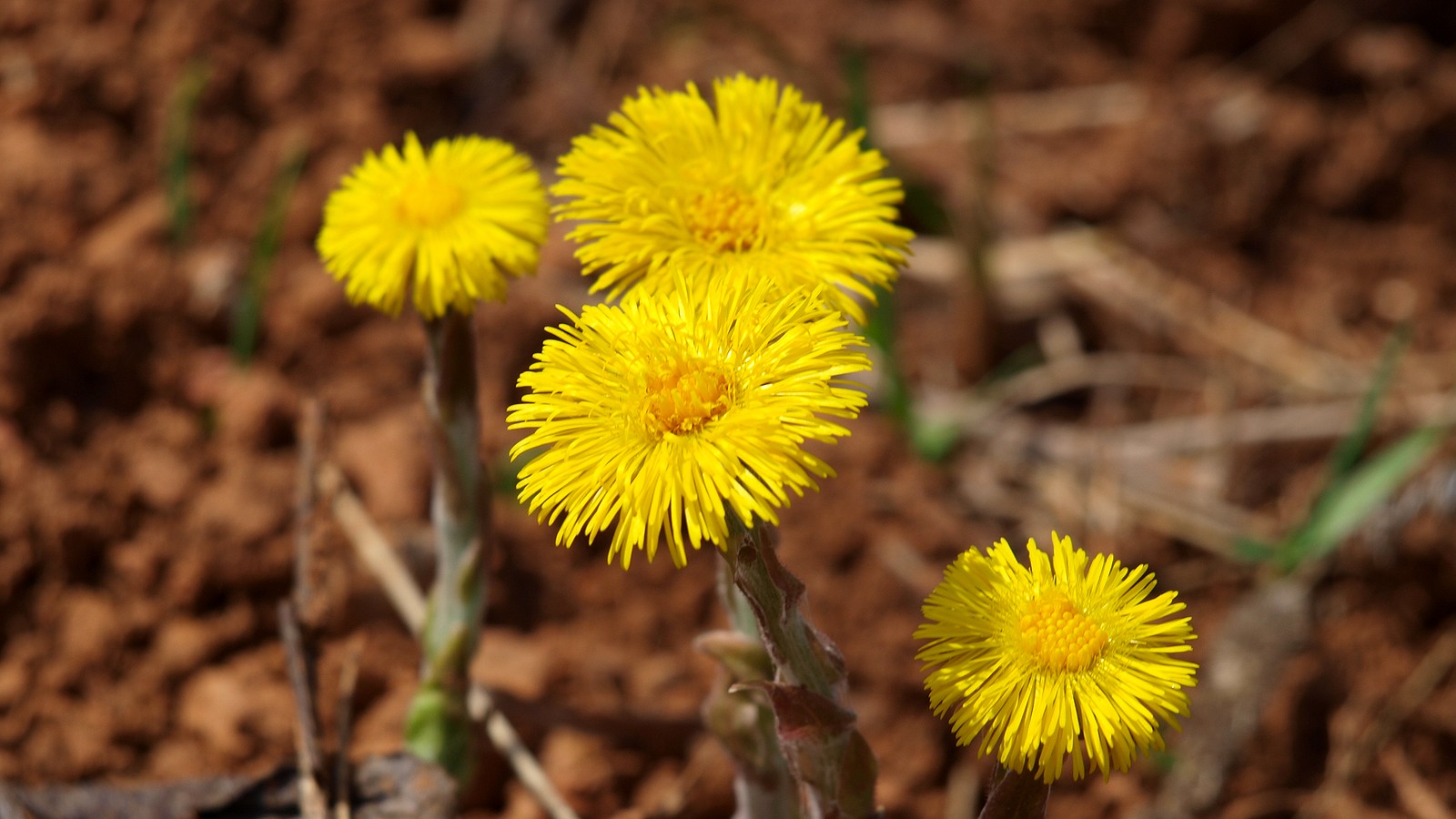Coltsfoot, scientifically known as Tussilago farfara, is a perennial herbaceous plant native to Europe and parts of Asia. It has been used for centuries in traditional medicine for its potential health benefits. In this comprehensive guide, we will explore the potential benefits, side effects, and dosage recommendations for coltsfoot.
Potential Benefits of Coltsfoot:
- Respiratory Health: One of the primary traditional uses of coltsfoot is for respiratory health. It has been used to relieve coughs, bronchitis, asthma, and other respiratory conditions. Coltsfoot contains mucilage and various compounds that may help soothe the respiratory tract and reduce inflammation, potentially alleviating symptoms associated with these conditions.
- Anti-inflammatory Properties: Coltsfoot has been traditionally used as an anti-inflammatory agent. It contains flavonoids, tannins, and other compounds with potential anti-inflammatory effects. These properties may help reduce inflammation in various parts of the body, potentially benefiting conditions such as arthritis, sore throat, and gastrointestinal disorders.
- Antitussive (Cough Suppressant) Effects: The herb’s common name, coltsfoot, is derived from its traditional use as a remedy for coughs. Coltsfoot contains compounds that may have antitussive effects, helping to suppress coughing and alleviate associated symptoms. However, more research is needed to understand the specific mechanisms and effectiveness of coltsfoot as a cough suppressant.
- Skin Health: Coltsfoot has been used topically to address various skin conditions. Its anti-inflammatory and soothing properties may help alleviate skin irritations, including eczema, psoriasis, and dermatitis. The herb’s extract or oil is sometimes used in cosmetic products to promote skin health and improve the appearance of the skin.
Side Effects and Precautions:
While coltsfoot may offer potential benefits, it is important to be aware of potential side effects and precautions:
- Pyrrolizidine Alkaloids (PAs): Coltsfoot contains PAs, natural compounds that have been associated with liver toxicity and other adverse effects. Prolonged or excessive use of coltsfoot products containing PAs may pose a risk to liver health. To minimize the risk, it is crucial to choose PA-free coltsfoot products and follow recommended dosages.
- Allergic Reactions: Some individuals may be allergic to coltsfoot or related plants in the Asteraceae family, such as ragweed and daisies. Allergic reactions can range from mild symptoms like skin rash and itching to severe reactions like difficulty breathing or anaphylaxis. If you have known allergies to these plants, it is best to avoid coltsfoot or consult with a healthcare professional before use.
- Pregnancy and Breastfeeding: Due to limited research on the safety of coltsfoot during pregnancy and breastfeeding, it is advisable for pregnant or nursing women to avoid using coltsfoot products to err on the side of caution.
Dosage Recommendations:
Coltsfoot can be consumed in various forms, including teas, tinctures, capsules, and topical applications. However, it is important to follow dosage recommendations and use reputable, PA-free products. The appropriate dosage may vary based on factors such as age, overall health, and the specific product being used. It is always advisable to consult with a healthcare professional or a qualified herbalist before starting any new herbal regimen. They can provide personalized recommendations based on your individual needs and medical history.
For coltsfoot tea, a common dosage recommendation is as follows:
- Steep 1-2 teaspoons of dried coltsfoot leaves in 1 cup (240 ml) of hot water for 10-15 minutes.
- Strain the tea and drink it up to three times a day.
- Adjust the dosage based on individual response and consult a healthcare professional for guidance.
- For coltsfoot tinctures or capsules, it is important to follow the dosage instructions provided by the manufacturer or consult with a healthcare professional for personalized recommendations.
Conclusion:
Coltsfoot is an herb with a long history of traditional use for respiratSory health, anti-inflammatory effects, and skin conditions. While it may offer potential benefits, it is important to be cautious due to the presence of pyrrolizidine alkaloids (PAs) and potential allergic reactions. Using PA-free products and following recommended dosages can help mitigate risks. As with any herbal remedy, it is best to consult with a healthcare professional before starting any new herbal regimen, particularly if you have pre-existing medical conditions or are taking medications.
- Where Can I Buy THC-JD Disposable Vapes - July 21, 2023
- Coltsfoot: Potential Benefits, Side Effects, and Dosage - July 15, 2023
- Top 6 Benefits of Baobab Fruit and Powder - July 15, 2023

